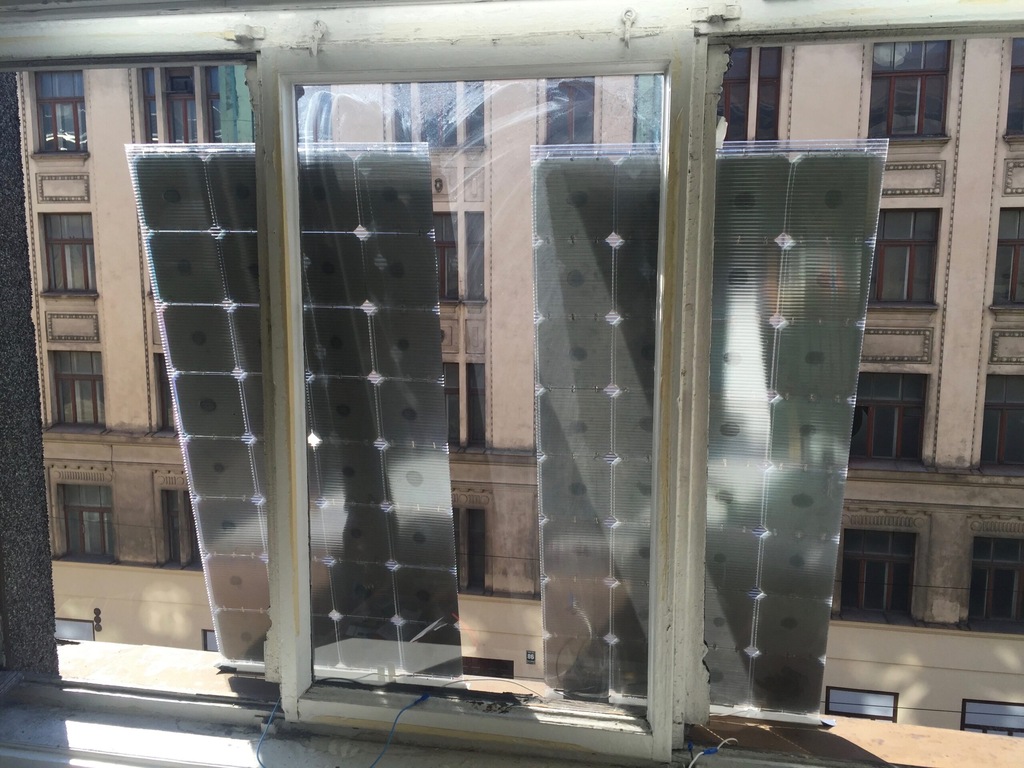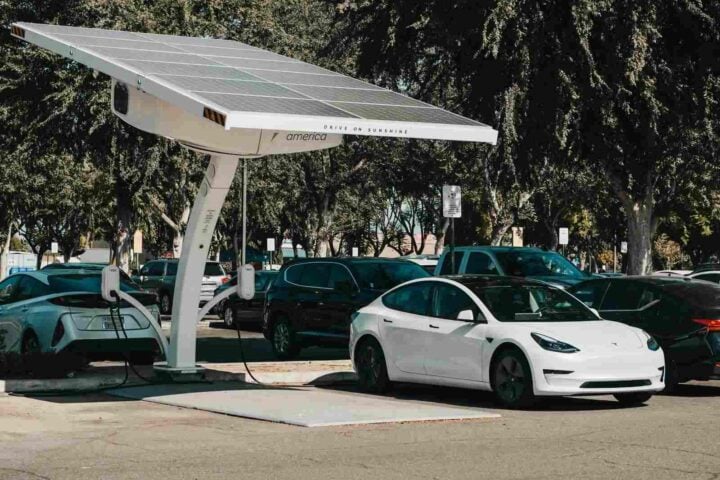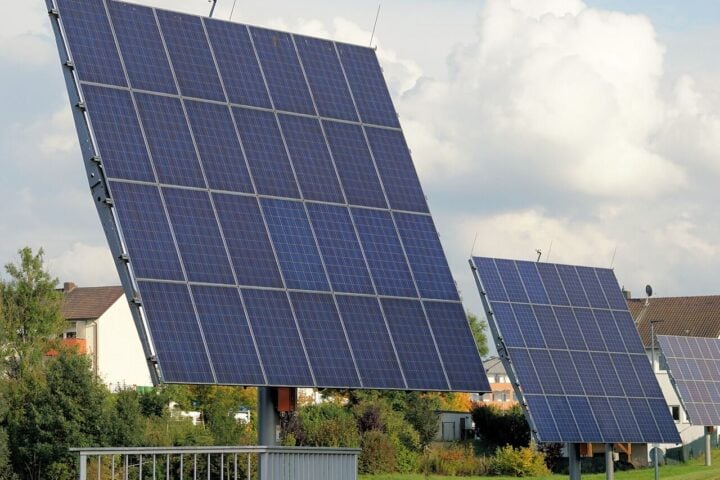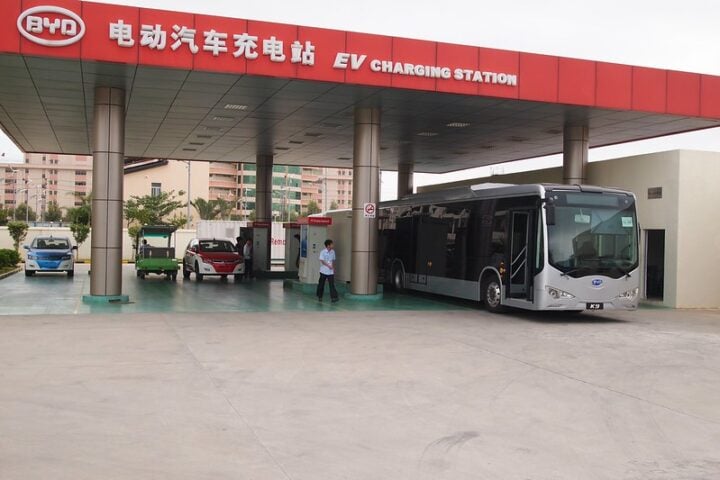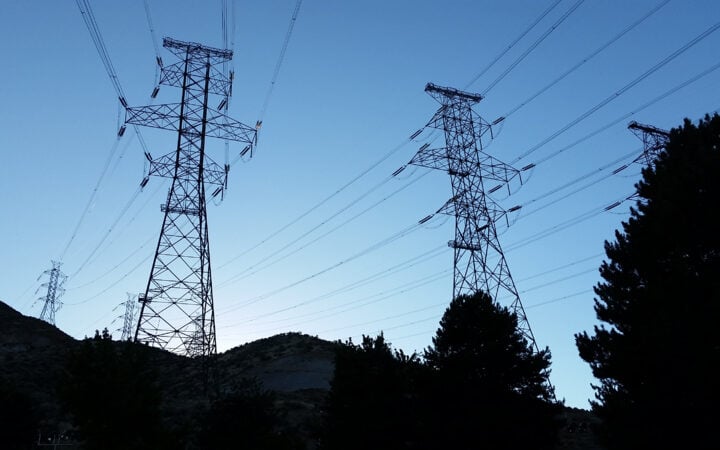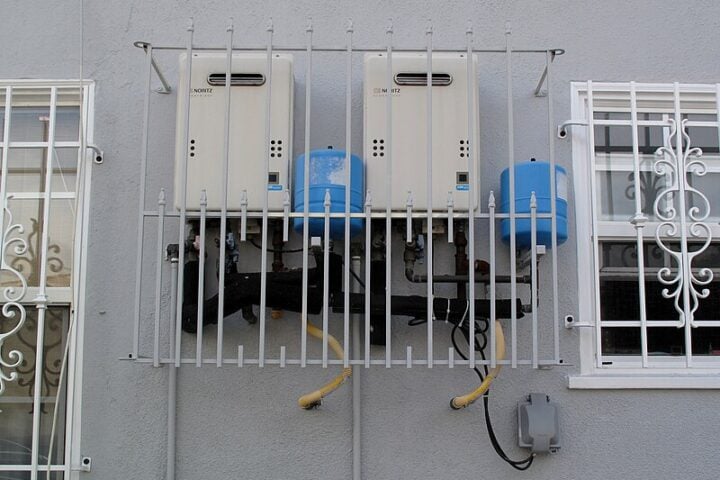The German standards organization DKE of the VDE Association of Electrical, Electronic & Information Technologies has now presented the second draft of the planned product standard for balcony solar systems – also known as plug-in solar devices. According to the association, this is the first standard of its kind in the world. The German federal government, with the Solar Package 1 adopted by the Bundestag and Bundesrat (the German Chief Legislative Body and Federal Council), at the end of April, created the legal basis for simplifications in balcony solar. However, these will only take effect when the new product standard comes into force.
Interested parties can now view and comment on the new draft in the DKE draft standards portal. The deadline for comments is July first week. Access to the draft is free, but registration is required.
The new draft proposes increasing the maximum feed-in power from 600 to 800 Volt-amperes (VA). In addition, the responsible standards committee agreed on several protective measures to enable mini photovoltaic systems to be connected via a protective contact plug to a conventional household socket. For this, basic protection and electrical safety must be ensured either mechanically or electromechanically. For one, the plug head can feature a mechanical separation that ensures that people cannot touch active conductors. Alternatively, the basic protection can also be achieved through galvanic separation in the inverter, which requires the inverter to meet additional requirements.
Since the publication of the first draft of the standard in the fall of 2022, DKE has received more than 750 comments. As no final consensus could be reached on key issues – the increase in the maximum power limit and the simplified network connection – the organization has now presented a second draft. The topic of permissible plug connections and power limits is being intensely debated. “The public interest is enormous. Of course, we want to make it easy for users, but the professional expertise of experts in electrical safety must also be taken seriously,” says Alexander Nollau, head of the Energy department at DKE.
Similar Post
According to VDE, there is no concrete date yet for the publication of the standard. “We hope it won’t be long now. This year should be realistic,” a spokeswoman said in April 2024 in response to an inquiry from Golem.de. The new proposal was necessary because the DKE/K 373 Photovoltaic Solar Energy Systems standardization committee could not previously agree on the provisions for increasing the maximum power limit and for simplified network connection via Schuko plugs.
Specifically, the AC connection states: A plug-in solar device with a plug according to VDE 0620-2-1 (VDE 0620-2-1) has a network connection that is touchable when unplugged. The user must be protected from dangerous voltages at these plug contacts. Certain measures in the inverter of the plug-in solar device should prevent dangerous voltages at these plug contacts.
According to section 6.2.3.3.1 of the draft, these include: quick termination of feed-in; rapid discharge of capacitors not separated from the plug contacts; safe separation of remaining dangerous voltages from the plug contacts. To ensure rapid shutoff, the relay contacts in the live and neutral conductors must open within 0.2 seconds, the draft states.
In the switched-off state, all dangerous voltages (capacitors and the PV generator) must be separated from the network plug with reinforced or double insulation. Even in the event of a fault in the device, at least basic insulation between dangerous voltages and the network plug must be ensured. A faulty relay contact must be detected by the device before any switching, and no switching should occur in this case, the standardization experts propose.
The Bundestag and Bundesrat already passed the so-called Solar Package 1 on April 26, 2024. This legislation simplifies the registration of balcony power systems. According to the law, PV systems are considered plug-in solar devices if they have an installed capacity of up to 2 kilowatts and an inverter capacity of up to 800 Volt-amperes. Moreover, they must be operated behind the withdrawal point of a final consumer and be assigned to free consumption.
